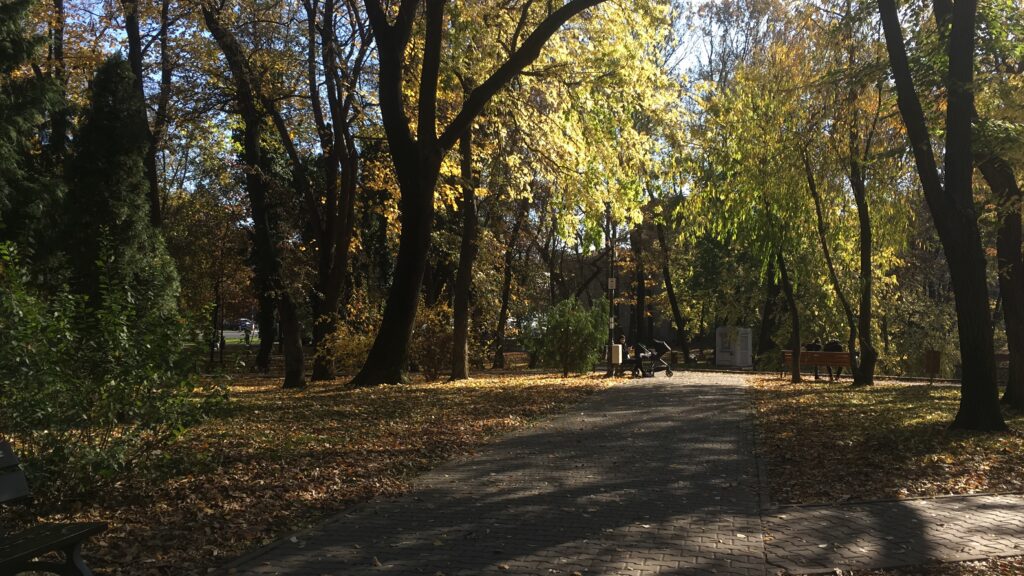
Uni starts on October 1st. You may believe that it is also when teachers end vacation, but let me tell you this is false. Yes, teachers get time off during summer, but isn’t everybody taking a vacation? You may say that yes, but not for that long. Oh, don’t be naive…The summer vacation teachers have is actually time off teaching. But this is the time when you get to read, write, prepare courses and seminars and dealing with other administrative tasks. Especially the uninterrupted time for reading and writing.
It is nice that one can have part of the summer off certain activities, but let us all remember during the year it’s kind of impossible to get time off. Yes, students are on holidays during and between semesters, but usually that’s the time teachers use the to catch up with grading papers, evaluate progress and plan how the next weeks will unfold.
Yes, there is flexibility and it’s a good work environment. However, it’s also competitive and it implies a lot of overtime. I mean a lot. You can’t imagine how many nights and weekends and early mornings are filled with work. Sure, for a teacher work means reading and writing and yes, you may have tons of fun because you love what you do, but those are still information and materials which support your career.
in the remaining weeks of September, after finishing with admission and exams, I’ll basically focus on three things:
- finalise the plan for the entire semester for my classes in the first semester, considering previous experience, new reads and demands of on-line teaching. Basically, this answers questions such as what will we focus on?, which are the overall learning objectives and how are these expected to be reached? and how will I know if we’re successful;
- outline, in general terms, of all the meetings with the students. That means that each meeting get’s planned moment by moment; by this I don’t mean minute by minute, but rather section by section, as there is a cycle of activities done in each seminar;
- in-depth planning of the first two courses and seminars and rehearse them. This is something which indeed gets planned more in details, closer to the minute to minute. I’ve learned the hard way that I’m most comfortable when I know exactly what I want to say. I can probably speak for two hours anyway, but it is really important to me to make sure that I reach my goals to the information I transmit. I usually got to do this each week, before the class, but I really want to avoid feeling that I don’t have sufficient time.
Clearly, I had to improvise and adjust to the energy in a class. I do believe it’s important to also be authentic and yes, some of the best moments were not planned. Nevertheless, I don’t like how it feels when I don’t feel prepared. For me being prepared and authentic can take place at the same time. Being prepared increases my self confidence and it does allow me to focus less on what I have to say and rather be more present. And in order for me to feel prepared, I need to practice before. I promise, all the jokes I make come to me in the moment.
Teaching during a pandemic is not easy. Using technology may not always go as planned. Compared to in-class interactions, on-line interactions are difficult to stimulate. The environment in which the individual finds herself/himself is not always conducive to learning, to paying uninterrupted attention or to intervening in the discussion. But all these challenges are dealt with on a daily basis, one by one or all together. Challenges are part of life and sometimes are the ones that help us remember how much we’ve come.
We should keep in mind that both teachers and students do their best in using the available tools. Given the context, we work together to make online learning work.
Make today count!